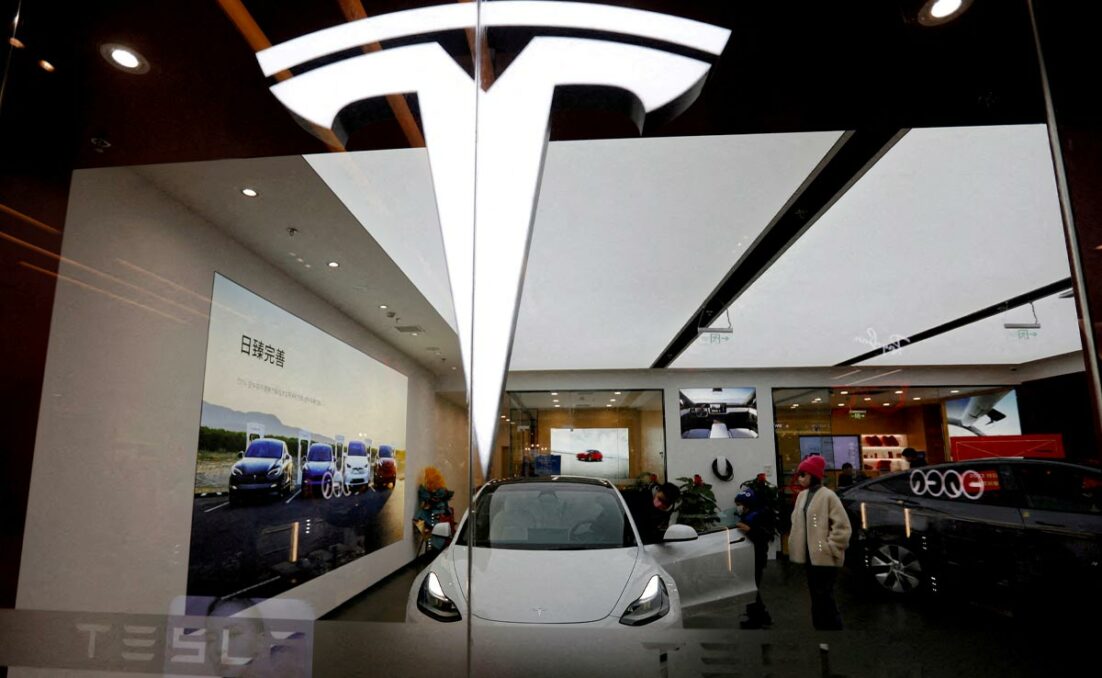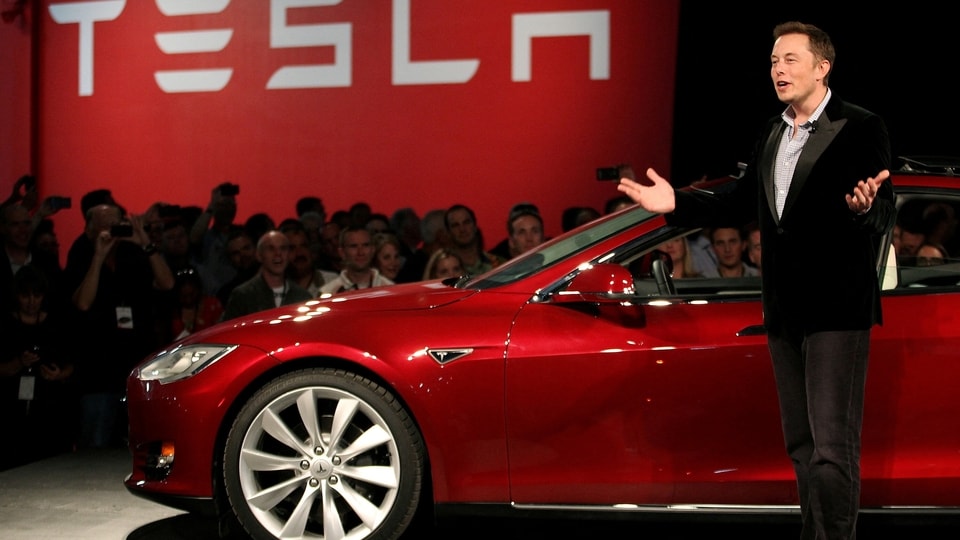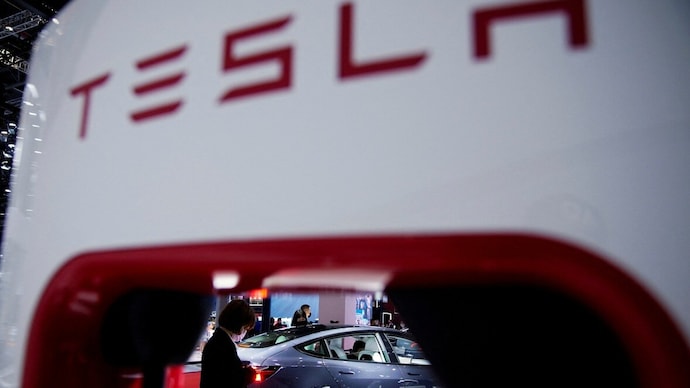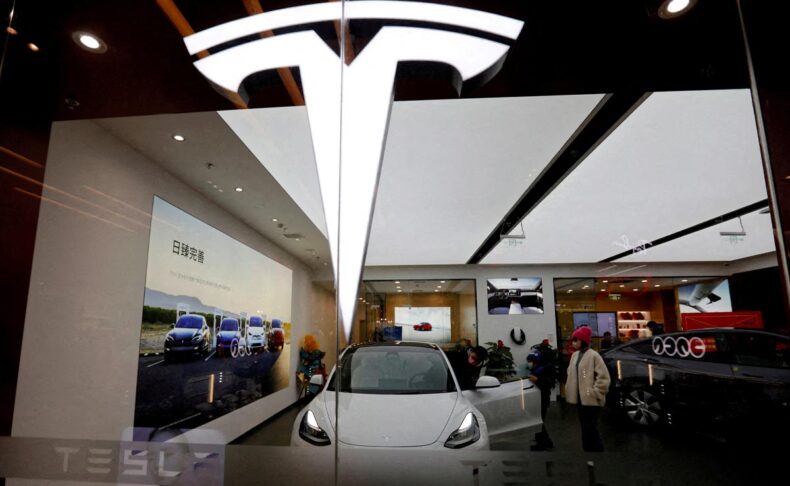In a groundbreaking development for the Indian automotive industry, Tesla, the world-renowned electric vehicle (EV) manufacturer, is reportedly engaged in talks to establish a car factory in India. This strategic move aims to tap into the burgeoning Indian market and cater to the growing demand for sustainable transportation solutions. The proposed factory, with an annual production capacity of 500,000 EVs, is expected to offer affordable models priced at around Rs. 20 lahks. This announcement has sparked excitement among Indian EV enthusiasts and signals a significant step forward in the country’s electric mobility revolution.

Negotiations for Manufacturing Facility
According to insider sources, Tesla has been in discussions with several state governments in India regarding the establishment of its manufacturing facility. The company is exploring potential locations, evaluating the availability of resources, logistical feasibility, and infrastructure support. Tesla’s interest in setting up a factory in India reflects the country’s attractiveness as an emerging market for electric vehicles, bolstered by favorable government policies and a growing eco-conscious consumer base.
Promoting Electric Mobility in India
Tesla’s entry into the Indian market is expected to invigorate the EV sector and promote sustainable transportation options in the country. With the potential to manufacture half a million EVs annually, the company aims to address the issue of affordability by introducing models with a target price of Rs. 20 lakhs. This strategic pricing strategy aligns with the Indian government’s vision of making EVs more accessible to a wider audience and reducing dependence on fossil fuels.
Boost to Job Creation and Economic Growth
The establishment of a Tesla manufacturing facility in India is projected to generate significant employment opportunities and drive economic growth. The factory’s operations will require a skilled workforce, creating jobs across various domains, including manufacturing, engineering, research and development, and supply chain management. Additionally, the presence of Tesla in India will encourage investments in the EV ecosystem, attracting other players and fostering a vibrant industry that contributes to the nation’s economic prosperity.

Indigenous Manufacturing and Localization Efforts
Tesla’s plans for localized manufacturing in India are in line with the country’s “Make in India” initiative, which promotes indigenous production and job creation. By establishing a factory, Tesla aims to reduce costs, eliminate import duties, and streamline its supply chain. This move will also help Tesla cater to the unique needs of the Indian market, such as adapting to local regulations, providing adequate charging infrastructure, and offering after-sales support.
Addressing Challenges and Expanding Charging Infrastructure
One of the key challenges for EV adoption in India is the limited charging infrastructure. Tesla intends to address this concern by investing in the development of a robust Supercharger network across the country. The company’s extensive experience in deploying charging infrastructure globally will contribute to building a reliable and convenient charging ecosystem in India. This expansion will alleviate range anxiety among prospective EV buyers and accelerate the transition to electric mobility.

Implications for the Indian Automotive Industry
Tesla’s entry into India is expected to have far-reaching implications for the domestic automotive industry. The company’s advanced technology, cutting-edge innovations, and commitment to sustainability will likely spur competition among local manufacturers, prompting them to enhance their EV offerings. This increased competition will foster innovation and drive the overall growth of the Indian EV sector, benefiting consumers with more choices and improved technology.
Conclusion
Tesla’s negotiations to establish a car factory in India, with an annual production capacity of 500,000 EVs, marks a significant milestone in the country’s electric mobility revolution. The move reflects Tesla’s confidence in the Indian market’s potential and its commitment to promoting sustainable transportation options. With affordable EV models priced around Rs. 20 lahks, Tesla aims to make electric mobility more accessible to the Indian population. The company’s presence will not only generate employment opportunities but also boost the Indian economy and strengthen the country’s position in the global automotive industry. Furthermore, Tesla’s investments in charging infrastructure will contribute to overcoming one of the major hurdles to EV adoption in India. Overall, Tesla’s foray into the Indian market promises to revolutionize the country’s automotive landscape and accelerate the transition to a greener and more sustainable future.













